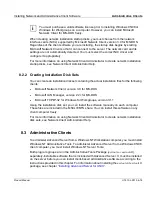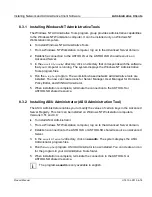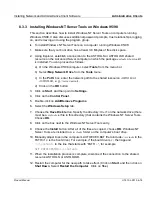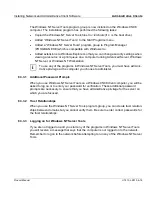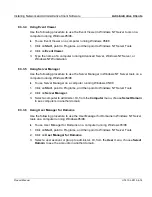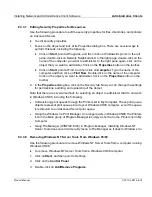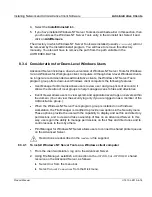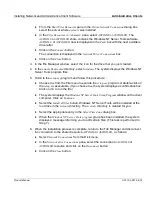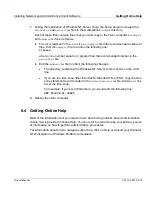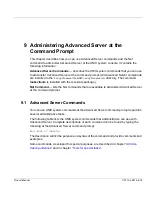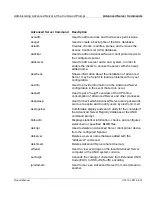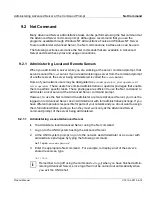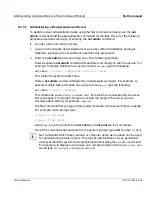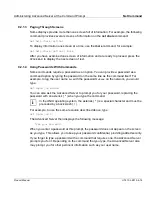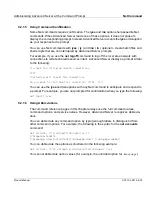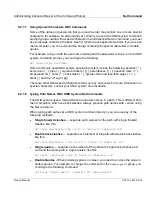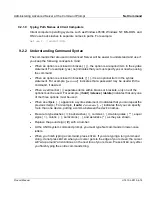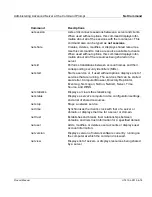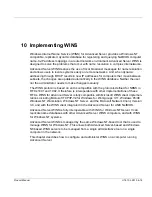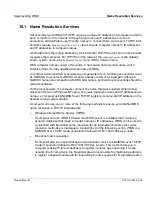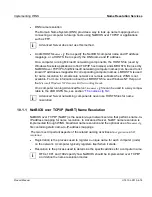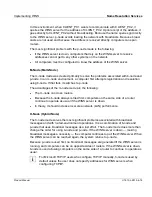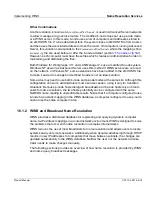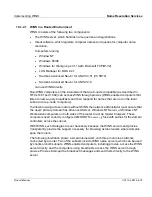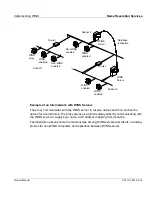
Administering Advanced Server at the Command Prompt
Net Command
Product Manual
U7613-J-Z815-6-76
©
S
iem
e
n
s
N
ix
dor
f
In
fo
rm
at
io
n
s
s
y
s
te
m
e
A
G
1
9
9
5
P
fad
: D:
\O
7
613
e6
\u
761
3e
.k
09
9.2.1.2
Administering a Remote Advanced Server
To perform server administration tasks using the Net command remotely, use the net
admin command and the appropriate Net command for the task. Step 2 of the following
procedure describes two ways of entering the net admin command.
Ê
To enter a Net command remotely
1. Log on to the network as Administrator or as a user with administrative privileges.
(Operator privileges are not sufficient to perform this procedure.)
2. Enter the net admin command using one of the following methods:
Enter a separate net admin command for each Net command you wish to execute. For
example, to display statistics for a server named
account
, type the following:
net admin
\\account /command net statistics server
This method is useful for batch files.
Enter a net admin command followed by multiple net commands. For example, to
execute multiple net commands on a server named
payroll
,
type the following:
net admin
\\payroll /command
This creates an
administrative
command shell
from which you subsequently can issue
Net commands. The prompt changes to include the name of the server you are
remotely administering, for example,
\\
payroll
.
Any Net command that you type at this prompt executes on the server that you specify.
For example, at the prompt, type:
[\\payroll] net share
[\\payroll] net print
where
\\
payroll
is the prompt, and net share and net print
are the commands.
To exit the command shell and return to the system prompt, type exit or press
CTRL+Z.
Net commands which take a domain or computer name as an option can be used
for administering remote servers. This type of administration can be performed
directly at the UNIX system command prompt without using the
net admin
command.
For example, to display local groups on a remote domain named
market_dom
, you
would type
net localgroup /domain:market_dom
.
i

